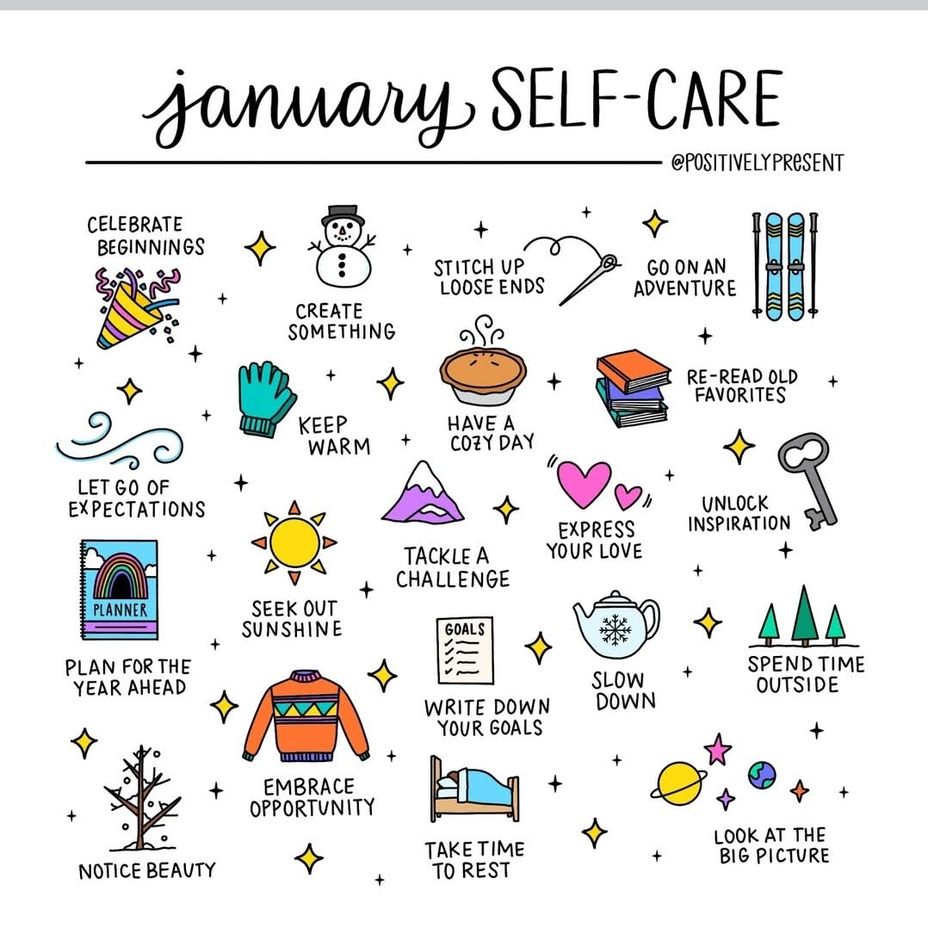Brrr!
Yesterday we had strong winds with windchill well below-30. I made chili and served it with Sourdough French bread # #Migraine . #Fibro . #Asthma . #Arthritis . #polymyalgia rheumatica

Yesterday we had strong winds with windchill well below-30. I made chili and served it with Sourdough French bread # #Migraine . #Fibro . #Asthma . #Arthritis . #polymyalgia rheumatica

This was just before sunrise, while it was still dark. I love that you could already see some color in the sky at pre dawn.
#Sarcoidosis , #Asthma , #chronic pain, #spinal cord stimulator

Our older Almond tree is blooming. It hasn't had the right conditions over the past few years. So happy to see these blossoms
#Sarcoidosis , #chronic pain, #Asthma , # spinal cord stimulator

I used puff pastry and jam/jelly to make these delicious treats.
I opened up the store bought puff pastry until it lay flat. Then sliced it into 3 strips using a pizza cutter on the fold lines. I then cut each strip in half. At this point you should have 6 pieces. Do the same with the 2nd sheet of puff pastry. I then added 1 tablespoon of jam/jelly into the center of each of the 6 rectangles leaving about an inch between jelly and edge, then take a matching rectangle and place it on top of each of the jelly filled rectangles. I used an egg slightly beaten to brush around the edges of the rectangle and used a fork to press around the edges to help form a seal and prevent the jelly from leaking out during baking. I also brushed the egg over the top of each filled poptarts rectangle and used a sharp knife to make 2-3small slits into top of poptarts to allow steam to escape. Place on baking sheet. Bake at 400 degrees for 12-15 minutes or until golden brown. After cooling, I mixed 1/2 cup powdered sugar and a little water and mixed to form a glaze to drizzle over poptarts.
#chronic pain, #Sarcoidosis , #Asthma , #spinal cord stimulator
Hi, my name is Isaiah4110. I'm worried about where my diagnosed health challenges as well as severe osteoporosis with spine fractures and chronic constipation will lead me as I get older. I am 66 years old but feel much older as I am able to do less and less and the Fibro pain is like waves of the ocean, sometimes quiet, sometimes like a violent storm, but always there. I cannot take the medications traditionally prescribed for my illnesses nor do I tolerate pain meds. I have medicinal cannabis through my state’s Theraputic Cannabis Program. I take edibles as I have asthma and do not smoke any substance. I guess I just would like to hear from others who have similar struggles.
The other day was a bad pain day, yet I had to make dinner. I decided to try a homemade Hamburger Helper.
I diced and sauteed 1/4 of a medium onion, then browned 1/2 pound of ground turkey (I cannot eat beef but you can substitute it in) 1 TBSP of smoked paprika (reg paprika if you don't have smoked, 1 TBSP chili powder, 1 Tsp each of onion and garlic powder, added in 2 heaping TBSP of tomato paste. Once it's all combined with the meat and onion mixture, I added 1 1/2 cups of beef broth and 1 cup of uncooked elbow macaroni. Bring it up to a boil then reduce heat to medium or medium low to allow for a steady simmer. Simmer for 15-18 minutes then remove from heat and add 1 cup of cheddar cheese and stir, let sit for 2-3 minutes before serving.
It tasted good and was so simple and quick. Because I wasn't feeling well (bad pain day), I forgot to snap a pic to share.
# recipes for bad pain day, # asthma,
# sarcoidosis, #chronic pain,
# spinal cord stimulator

Im having a really hard time with myself. I have pneumonia been off work for almost 2 weeks. I am gaslighting myself that maybe im not that sick that im lying im failing. My boss and everyone has been super nice 2 people even brought me soup but every time someone text and asks how im feeling I feel like im lying I should feel better after this long right. Everyone else that has gotten sick this season has been out a week max. Even as I type this im sitting on the couch with a nebulizer breathing treatment that I have to do every few hours and the threat of being hospitalized is dependent on xray results. But I still feel like a fraud. Couch commpanion Maleficent for tax #EhlersDanlosSyndrome #Asthma #EDS #badatbreathing #MentalHealth

Here's to a new, bright, healthy 2026!!
Any other self care you may be adding in for the new year?
#Anxiety
#Caregiving
#Arthritis
#Migraine
#ChronicFatigue
#ChronicPain
#DistractMe
#Asthma
Hi, my name is GwynStone1492. I've been diagnosed with FND, Fibro, osteoarthritis, psoriasis, migraines, osteoporosis, hypothyroidism (post-irradiation hyperthyroidism), asthma, copd, depression, anxiety, ptsd
#MightyTogether #Fibromyalgia #PTSD #Anxiety #Depression #Migraine
Hi, my name is PurringNut01. I'm here because
#MightyTogether #Depression
I've suffered major depression for most of my life, probably since I was about ten. I had not bonded positively with either parent, was never praised and sometimes beaten. I spent a lot of time in hospital and away from school with asthma and pneumonia/bronchitis etc but did very well at school. I struggled trying various university courses and graduated after a bit of bother. I wasn't really prepared for the job world and probably presented as rather uninteresting and in jobs I was belittled by senior figures for no reason I could discern although liked by my colleagues. One advantage is having a partner whom I have been with for over 40 years! However even though medicated up to the eyeballs I still find life hard to face most days.